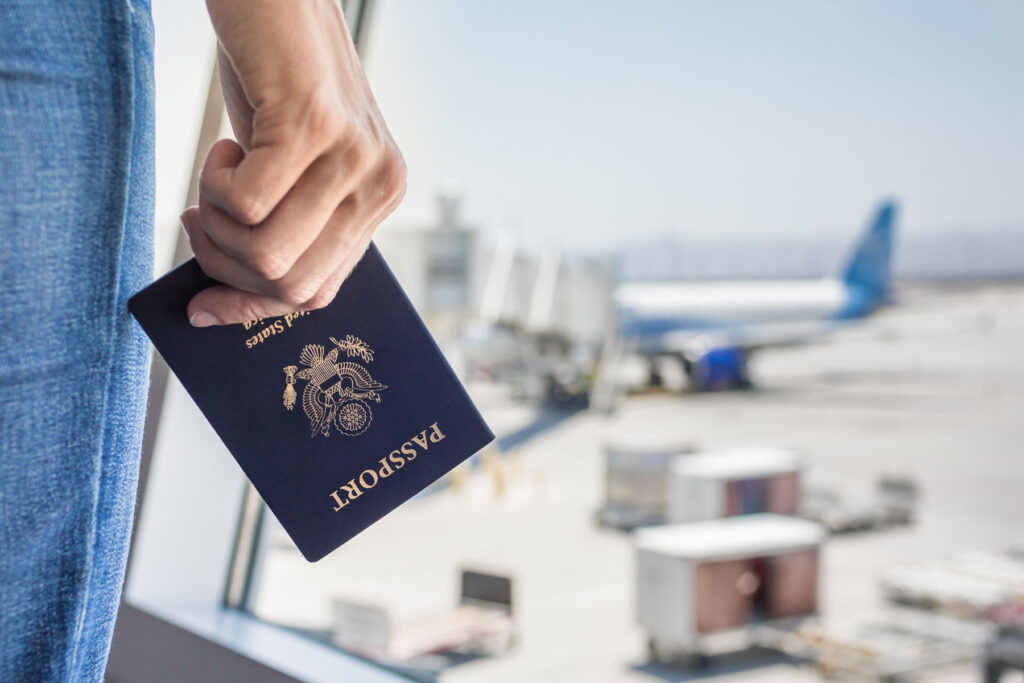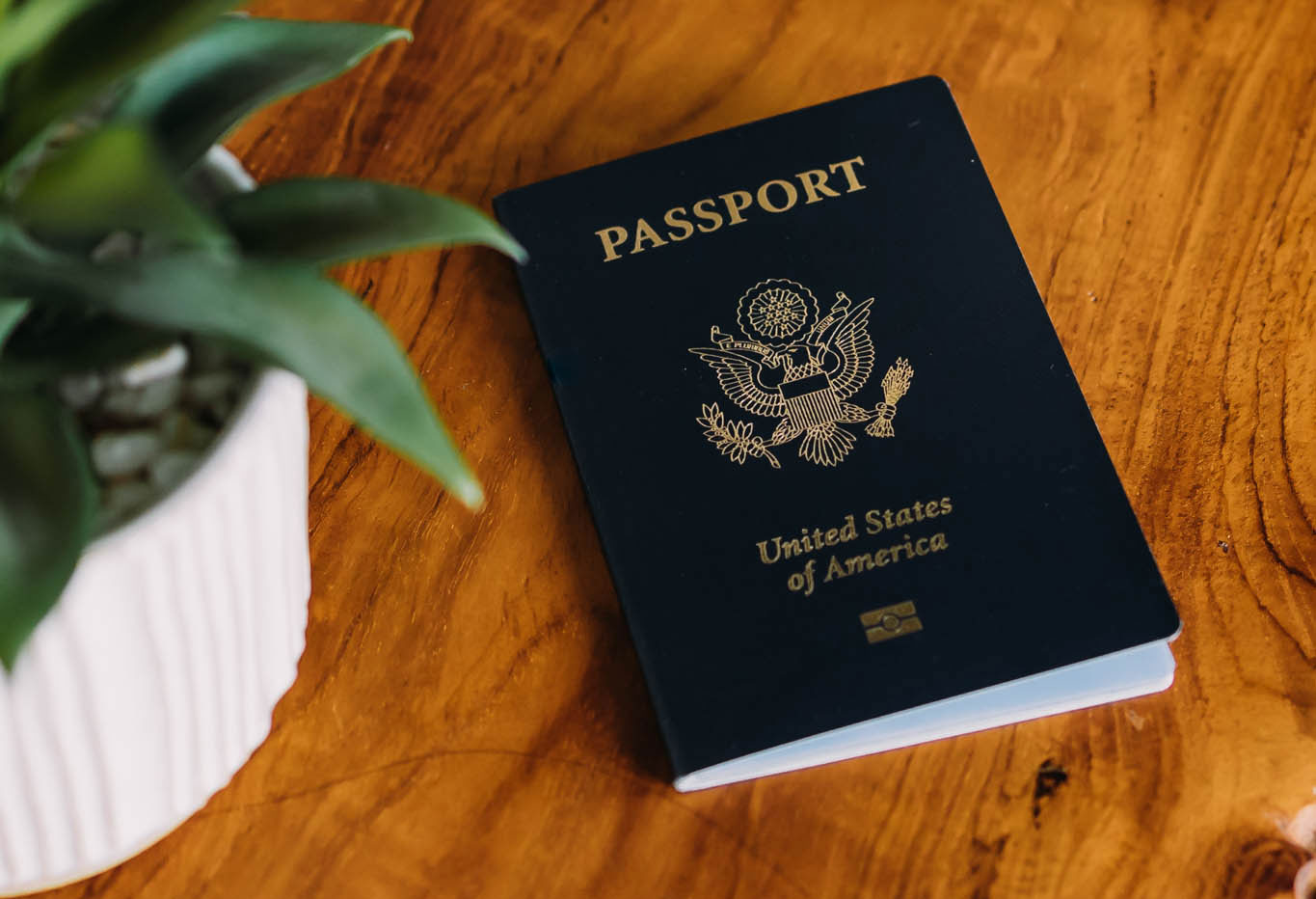March 25, 2024

All you need to have to board that international flight for your vacation is a valid passport, right?
Not so fast. The rules around passports, and other entry requirements, when you visit foreign destinations aren’t quite so straightforward. Educating my clients’ about what they need to do passport-wise is a core part of my duty as a travel advisor—here are my top 10 insights into what you need to know to be passport-ready to travel:
1. Passport Validity
You don’t just need a currently valid passport to travel—your passport must be valid for at least six months beyond your planned return date. Many countries enforce this rule, and failure to comply could result in being denied entry to your destination. So triple check those expiration dates now!
2. Entry Requirements
Different countries have varying entry requirements beyond holding a passport, including visa requirements and specific documentation. For example, Vietnam, an East Asian country popular for river cruises, requires U.S. passport holders to obtain a visa before visiting.
3. Entry Fees
Many countries also impose entry fees on visitors. Luckily, the fees usually aren’t going to break the bank. For example, U.S. travelers to E.U. countries will have to pay an inexpensive fee of 7 euros to visit, starting in 2025.
4. Passport Process Timeline
Luckily, the super-long passport processing timelines we saw during COVID have eased, but you still want to give yourself plenty of time to procure or renew your passport. According to the U.S. Department of State, current passport processing takes about 6-8 weeks, though I highly recommend you build in buffer time and submit your application even earlier. You never know if you’ll run into any issues and need to resubmit!
5. Passport Copies and Digital Copies
Some countries require that you carry id and/or passport with you at all times. To minimize the risk of losing your passport, however, you can opt instead to carry a paper print out of your passport, and also store a digital picture on your phone. Additionally, it’s good practice to leave a copy with a trusted contact back home.
6. Passport Security
Instead of carrying your passport out and about while you travel (see above), be sure to leave it securely in your resort or cruise cabin safe. During transit, such as when you’re going to and from the airport, you can carry your passport in a money belt beneath your clothes for added security. There’s nothing worse than having your passport lost or stolen on your way to the airport!
7. Passport Application Process
The process, and all the paperwork involved, in getting or renewing your passport can be tricky. There are also special rules in place for minors or if you need to expedite your passport. The U.S. Department of State website walks you through all the steps you need to go through. The site will also help you calculate the fee due.
8. Passport Card vs. Passport Book
If you’re applying for a passport for the first time, it makes sense to go for the full passport book instead of just a passport card. While a passport card is valid for land and sea travel to certain destinations like Mexico and the Caribbean, a passport book is required for air travel and provides broader international travel options. So even if you’re going to Mexico or the Caribbean, if you’re boarding a plane to get there, you’ll need a passport book!
9. Cruise Travel Considerations
Cruise travel may be a great option if you don’t have a passport. Closed-loop cruises, meaning you start and end the cruise in the same U.S. destination, often don’t require you to have a passport even if your ports of call take you to international destinations. This varies from destination to destination, however, so you’ll want to check requirements carefully.
10. Lost Passports While Traveling
It’s a worst-case scenario, but sometimes it happens: you lose your passport while in a foreign country. If this happens to you, you’ll need to work with the U.S. embassy or consulate within that country to get it replaced before you can come home.
One of the requirements to get a new passport is proof of U.S. citizenship; this is exactly why you’ll want to carry a paper copy of your passport, so you can use it as proof. You can learn more about what to do if you lose your passport while outside the U.S. right here.
Want help sifting through all the confusing requirements for your next all-inclusive vacation? I invite you to get in touch—simply sign up for a complimentary consultation call to start planning together, and I’ll guide you through it all.
